World's first 'three-parent' baby born
Controversial procedure combines the DNA of several people in one baby
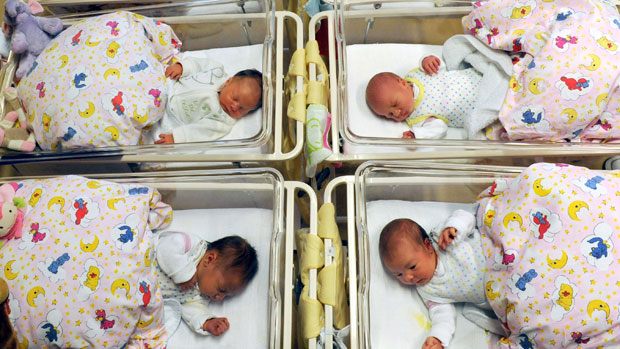
A free daily email with the biggest news stories of the day – and the best features from TheWeek.com
You are now subscribed
Your newsletter sign-up was successful
Three-parent babies: medical miracles or 'designer' infants?
23 July 2014
The government has approved a treatment that would allow babies to inherit genetic material from three parents.
The first "three-parent babies" could be born next year, the Daily Telegraph reports, with MPs likely to vote on legalising of mitochondrial replacement therapy after a three-month consultation period.
The Week
Escape your echo chamber. Get the facts behind the news, plus analysis from multiple perspectives.

Sign up for The Week's Free Newsletters
From our morning news briefing to a weekly Good News Newsletter, get the best of The Week delivered directly to your inbox.
From our morning news briefing to a weekly Good News Newsletter, get the best of The Week delivered directly to your inbox.
The technique, which seeks to correct genetic defects before a child is even conceived, has inspired passionate debate within the worldwide scientific community. But how does the treatment work, and why might some be opposed to its implementation?
How do scientists create a three-parent baby?
Mitochondrial replacement therapy involves the removal of defective DNA from a mother's genetic pool and its replacement with healthy material from a third-party donor.
Doctors start by taking out "the nucleus from a donor egg and replac[ing] it with genetic material from the mother's egg", says the Telegraph. Afterwards, the egg is fertilised using the father's sperm and can be implanted into the mother using in-vitro techniques.
A free daily email with the biggest news stories of the day – and the best features from TheWeek.com
Why would a baby need another set of mitochondrial DNA?
Mitochondria "are tiny powerhouses in cells that generate energy and have a small amount of their own DNA, separate from the bulk of the human genetic code", says the Belfast Telegraph.
Defects in mitochondrial DNA, which are inherited from the mother's side, can have serious effects upon a child's health. According to The Independent, mitochondrial flaws "can cause muscle wasting, heart problems, vision loss, organ failure, and epilepsy".
The Times says that "about 100 children every year suffer life-threatening problems" as a result of their genetic heritage.
Children who have received the treatment will pass on healthy DNA, The Independent says, so genetic diseases will not resurface in future generations.
Can the third set of DNA affect the personality or appearance of a child?
The Times says that "less than one per cent of a child's genetic material would come from the donor and it would not affect traits such as appearance or intelligence".
How will the process be regulated?
The Department of Health has proposed stringent measures to regulate the use of mitochondrial replacement therapy. Applications will be decided on "a case-by-case basis" and candidates must demonstrate "that there is a risk of 'mitochondrial abnormality' and a significant risk that a person would be born with, or develop a serious physical or mental disability without the treatment," the Telegraph says. The paper estimates that regulations would allow "about 80 women a year" to receive therapy.
The government also promises to protect the identities of anonymous DNA contributors. According to the proposed guidelines, "a baby born through the process cannot find out who their 'second mother' was, although non-identifying information can be given after the age of 16".
How has the public reacted to the proposal?
Proponents of mitochondrial replacement therapy have praised the government's decision to recommend the treatment and called for parliament to approve it quickly.
"Many couples would like to have a healthy child soon," said Professor Frances Flinter of King's College, London. "They will be anxious about any further delays in bringing legislation before parliament."
However, "critics argue that the treatment could be the first step towards 'designer babies' and even eugenics", says The Independent. Activist groups such as Human Genetics Alert believe the treatment "is unethical and the benefits cannot justify the unknown risks to the child", says the Telegraph.
"Looking back, 15 years from now in the midst of a eugenic designer baby marketplace, people will see this as the moment when the crucial ethical line was crossed," says HGA head Dr David King. "Britain will now be isolated in Europe as the only country permitting human genetic manipulation".
In response, The Department of Health insisted that mitochondrial replacement therapy does not amount to the creation of genetically modified humans.
"There is no universally agreed definition of 'genetic modification' in humans," it said. "People who have organ transplants, blood donations or even gene therapy are not generally regarded as being 'genetically modified'."
-
 Tourangelle-style pork with prunes recipe
Tourangelle-style pork with prunes recipeThe Week Recommends This traditional, rustic dish is a French classic
-
 The Epstein files: glimpses of a deeply disturbing world
The Epstein files: glimpses of a deeply disturbing worldIn the Spotlight Trove of released documents paint a picture of depravity and privilege in which men hold the cards, and women are powerless or peripheral
-
 Jeff Bezos: cutting the legs off The Washington Post
Jeff Bezos: cutting the legs off The Washington PostIn the Spotlight A stalwart of American journalism is a shadow of itself after swingeing cuts by its billionaire owner
-
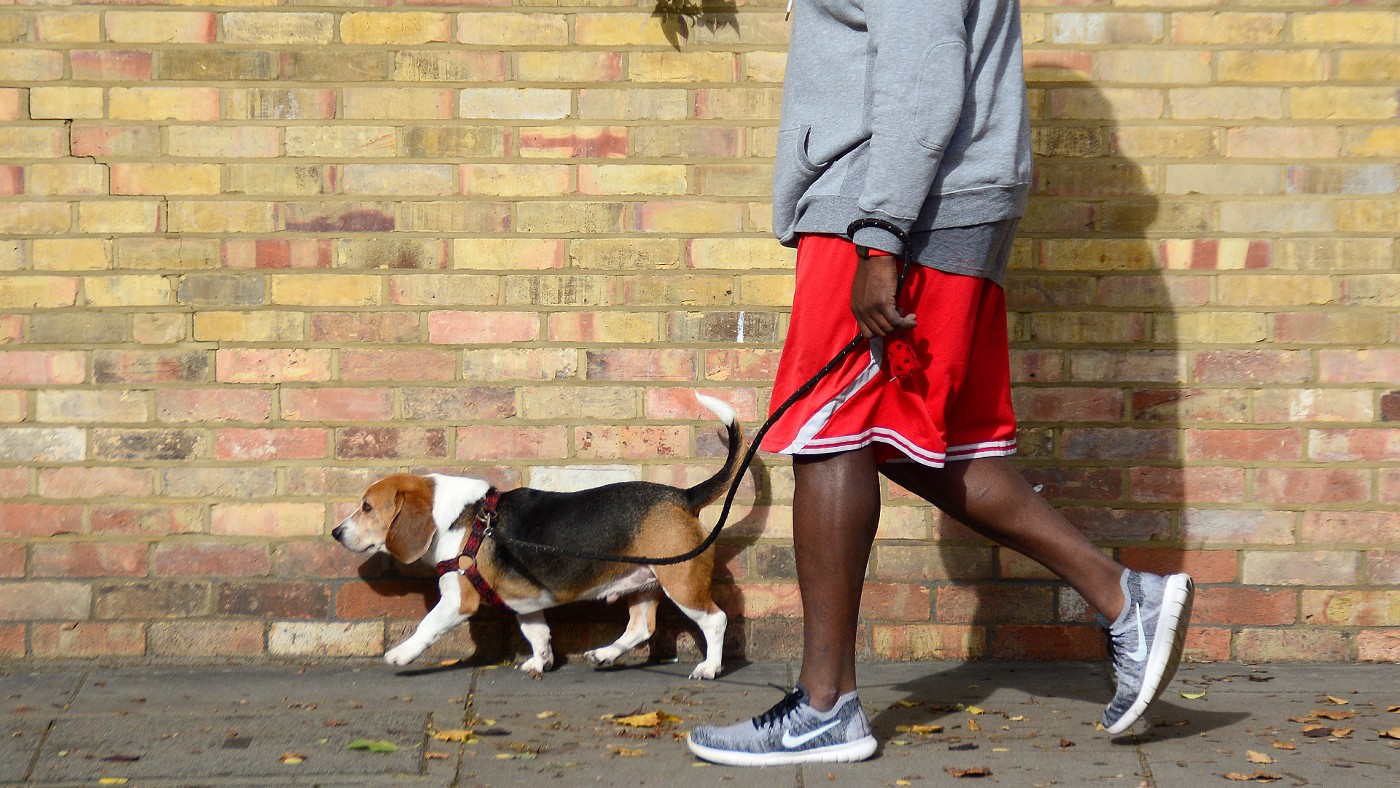 Experts discover why dogs wag their tails
Experts discover why dogs wag their tailsTall Tales And other stories from the stranger side of life
-
 Why journalist deaths continue to rise around the world
Why journalist deaths continue to rise around the worldUnder the Radar Journalist deaths rose sharply in 2022 and don't appear to be slowing down this year
-
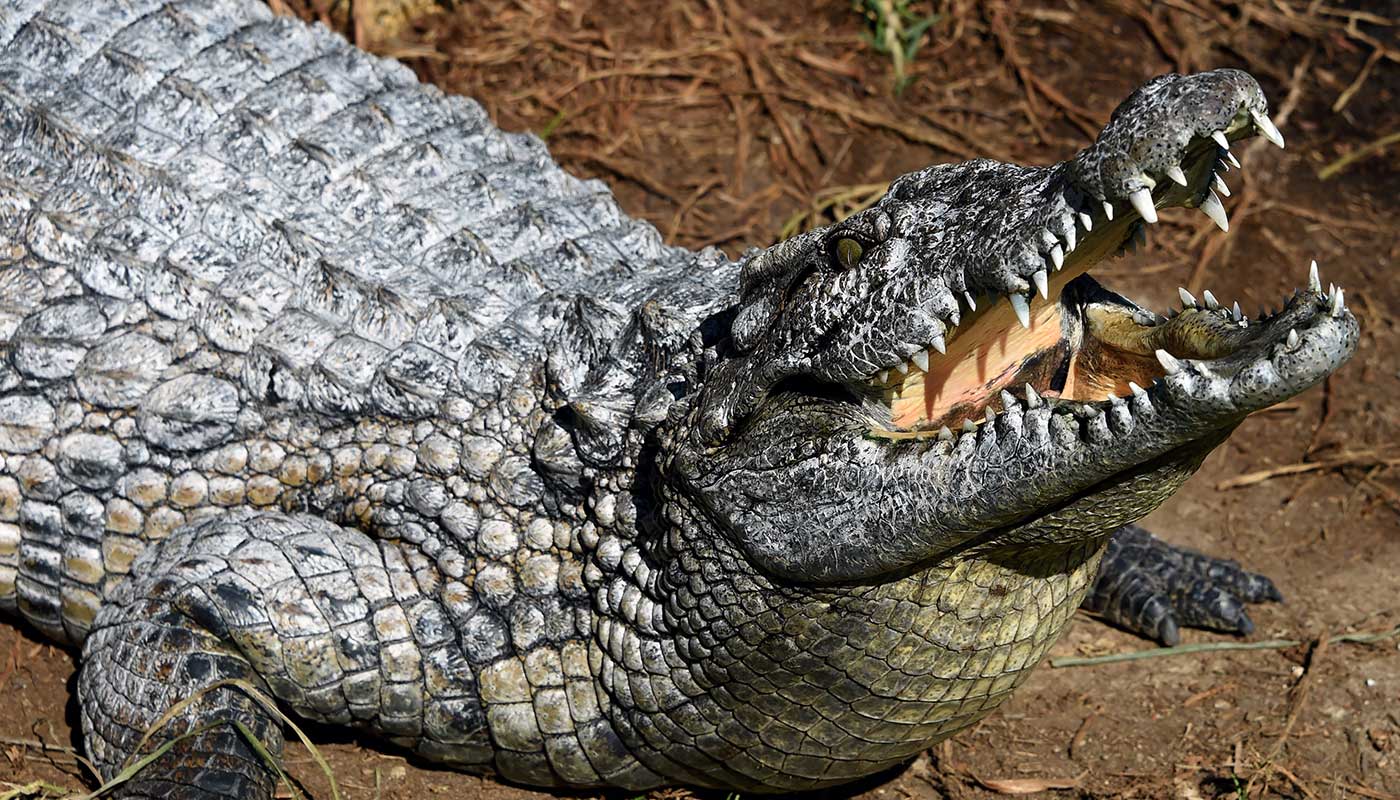 Mexican mayor marries a crocodile
Mexican mayor marries a crocodilefeature And other stories from the stranger side of life
-
 Taxidermy bird drones launched
Taxidermy bird drones launchedfeature And other stories from the stranger side of life
-
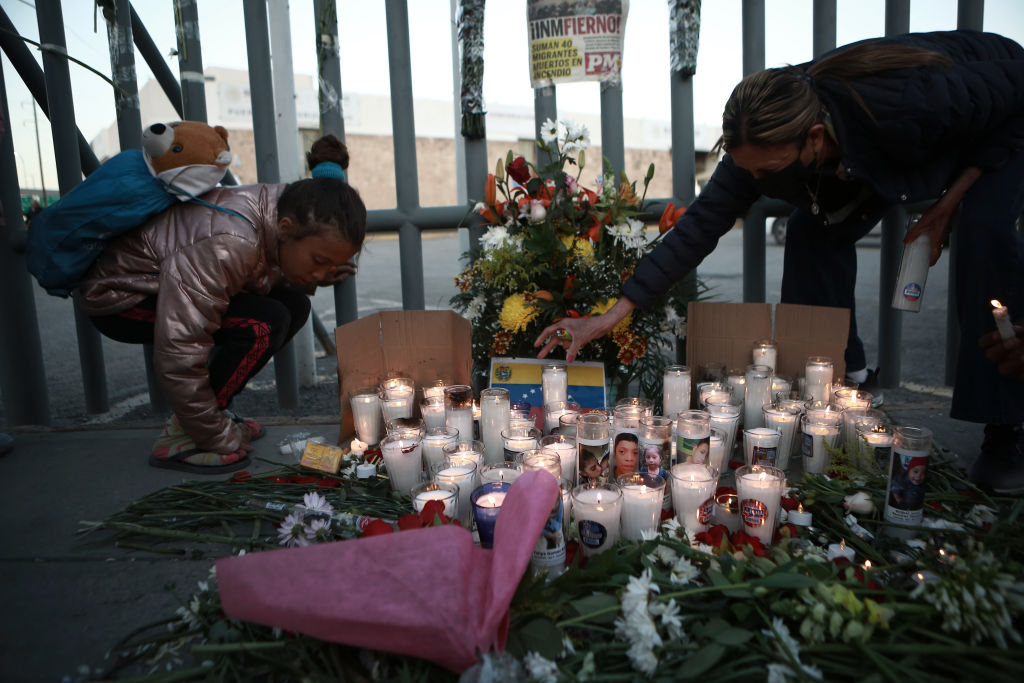 Is the U.S. culpable in Mexico's deadly migrant fire?
Is the U.S. culpable in Mexico's deadly migrant fire?Today's Big Question People on both sides of the border have already begun pointing the finger as to who (or what) is responsible
-
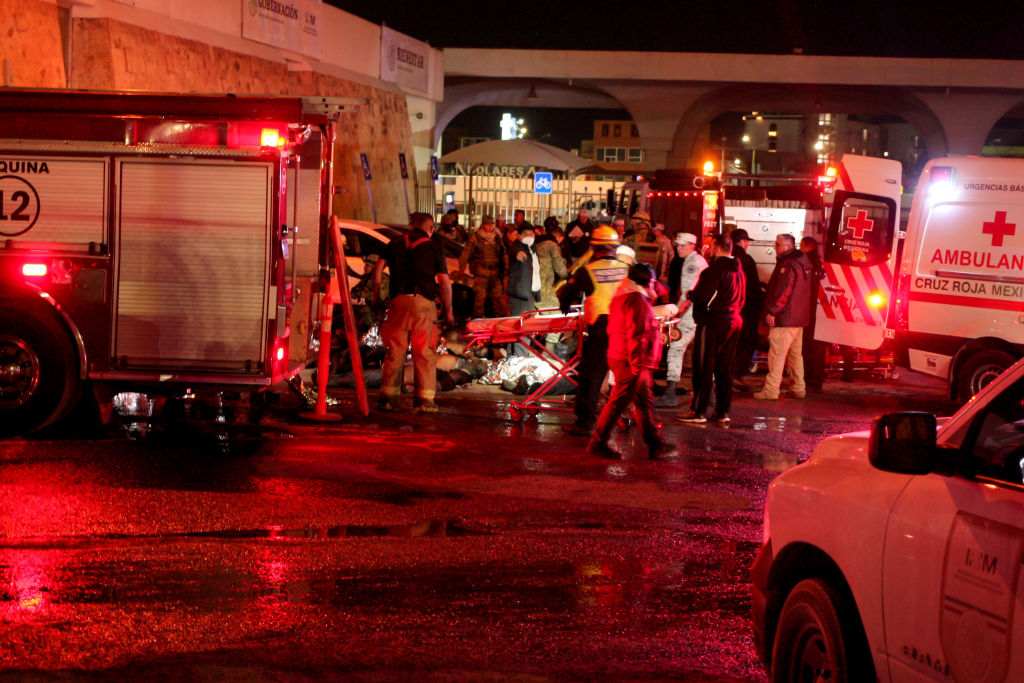 Blaze kills 39 at migrant detention center in Mexico
Blaze kills 39 at migrant detention center in MexicoSpeed Read
-
 U.S. to crack down on guns going south while Mexico works to stop fentanyl heading north, report says
U.S. to crack down on guns going south while Mexico works to stop fentanyl heading north, report saysSpeed Read
-
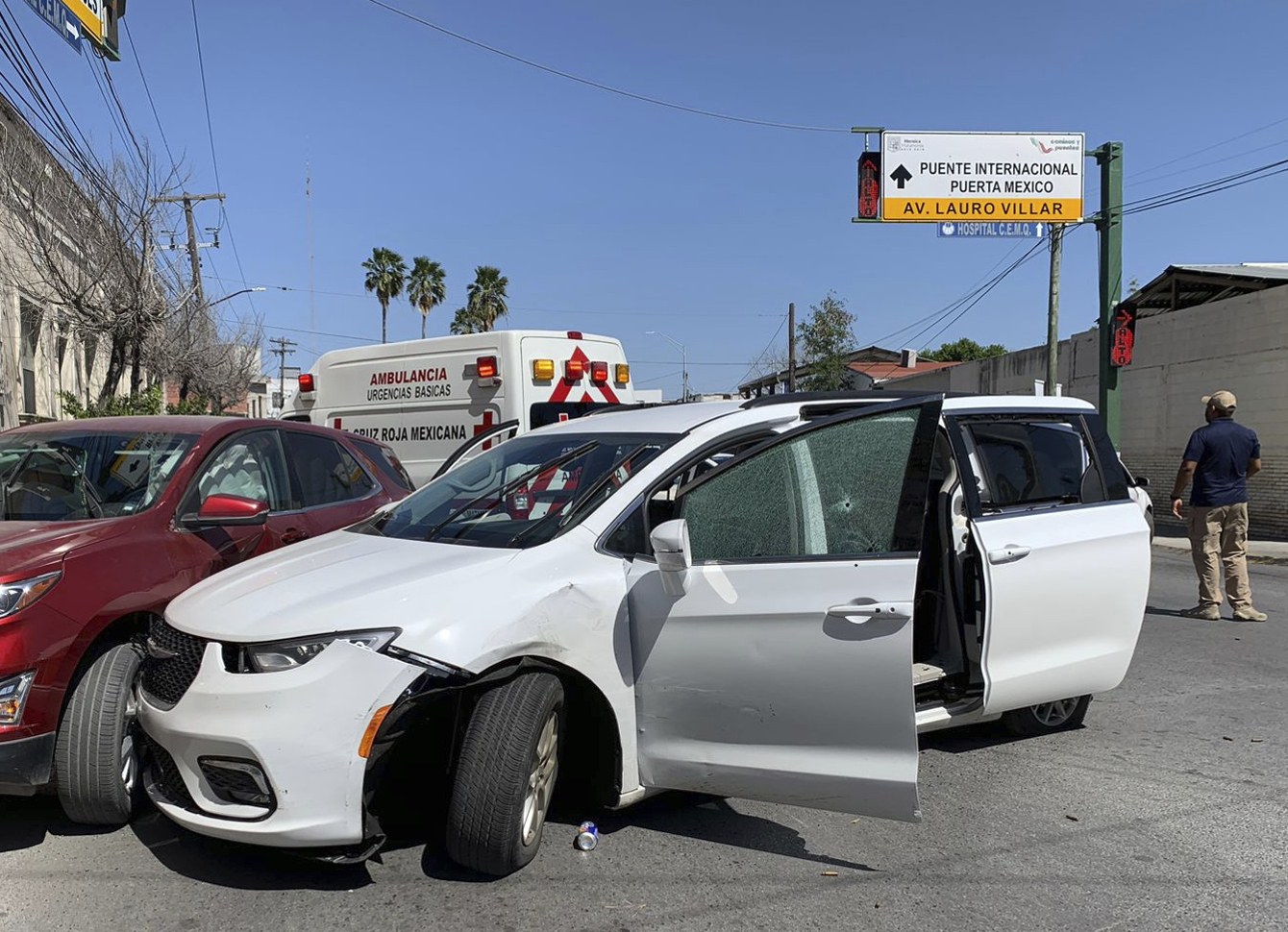 4 Americans kidnapped in Mexico by armed gunmen, 2 killed, FBI says
4 Americans kidnapped in Mexico by armed gunmen, 2 killed, FBI saysSpeed Read